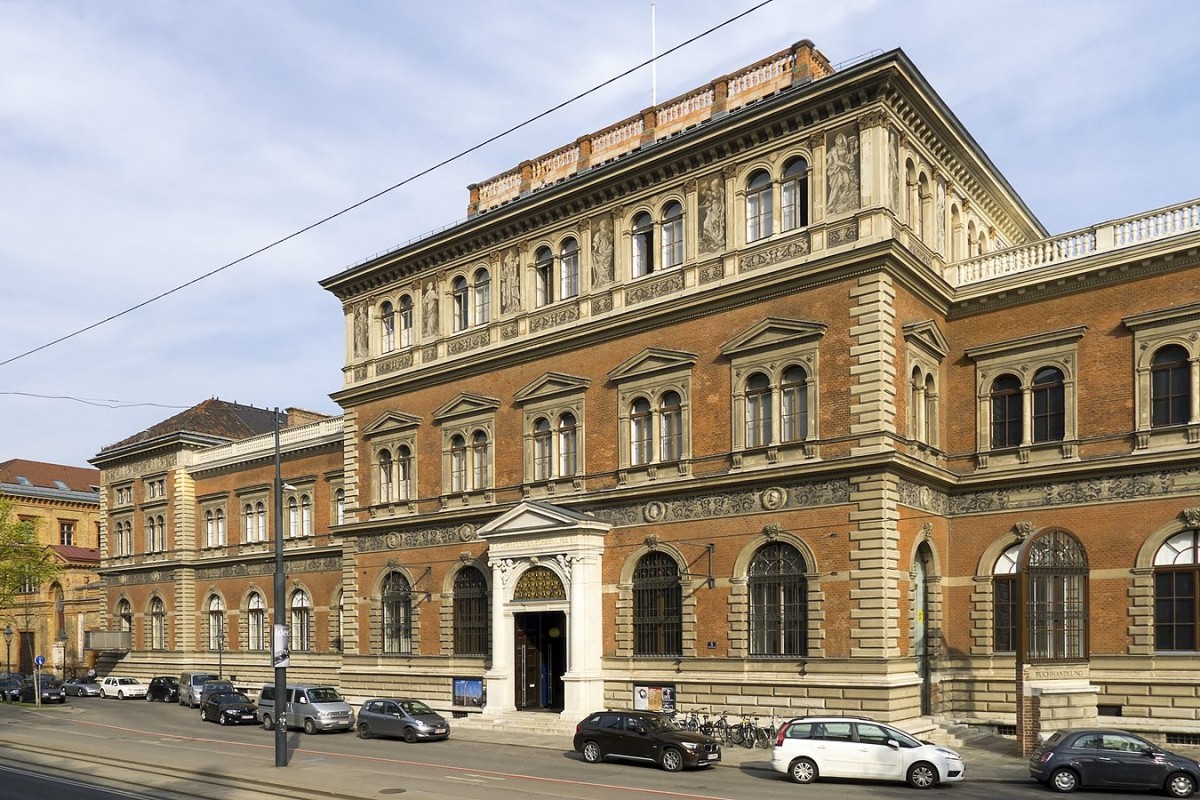Sponsored Content
Austrian Museum of Applied Arts Presents New Exhibition "Critical Consumption"
The fashion industry is characterized by constantly changing trends, rapid production under often precarious conditions, and the flood of new collections. At the same time, this leads to a massive waste of resources and a threat to ecosystems through textile waste. In light of these issues, the Austrian Museum of Applied Arts (MAK) exhibits "CRITICAL CONSUMPTION" (Aug. 30, 2023-Sept. 8, 2024) focuses on the fashion industry and its influence on consumer behavior, manufacturing processes, and sustainability efforts.
 The Museum of Applied Arts in Vienna invites you to take a look at the fashion industry and its influence on consumer behavior and sustainability. / Picture: © Wikimedia Commons,Gugerell, Public domain
The Museum of Applied Arts in Vienna invites you to take a look at the fashion industry and its influence on consumer behavior and sustainability. / Picture: © Wikimedia Commons,Gugerell, Public domain
For more than a year, the MAK Gallery will be a venue for historical objects, contemporary design, and artistic positions that encourage reflection on current questions of our time. Questions such as "What is the value of our clothing?" and "Who can afford to be critical of consumption at all?" will be raised. Fashion is seen as a prime example of consumption in our capitalist-driven…
or Log In
Fast News Search





